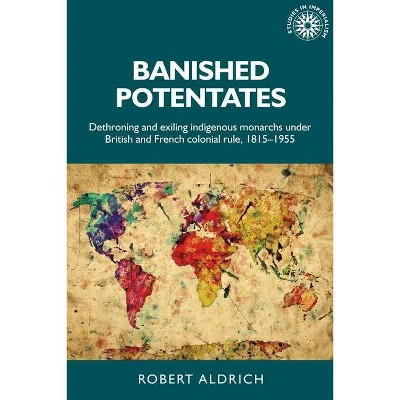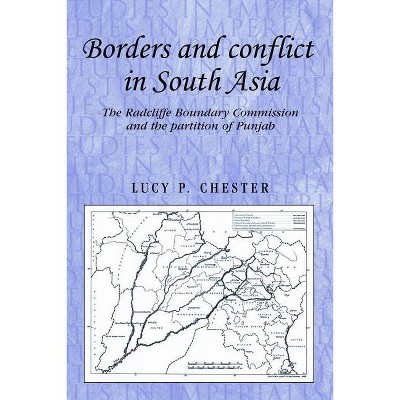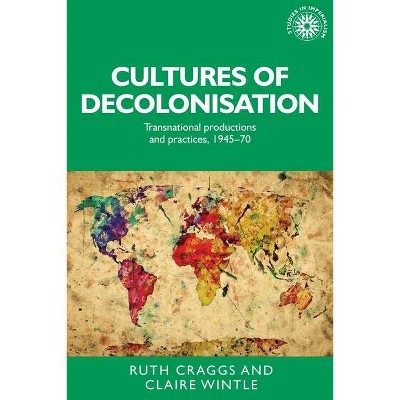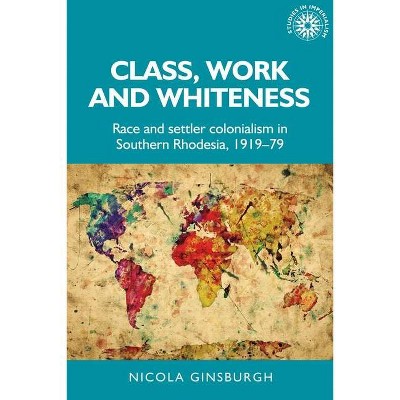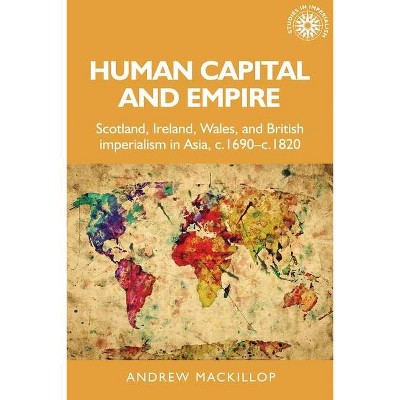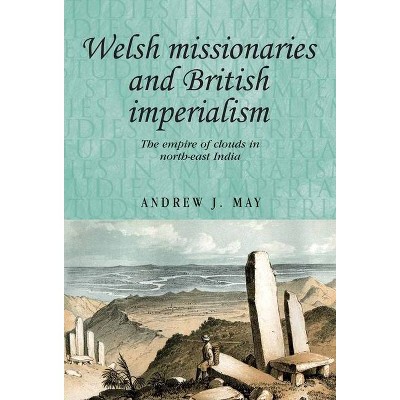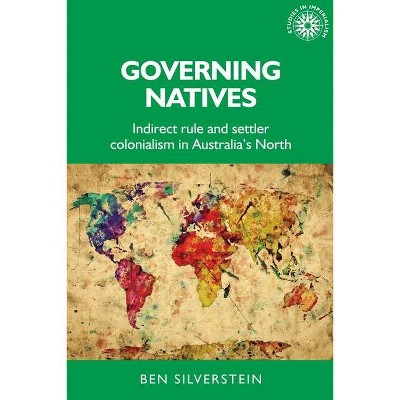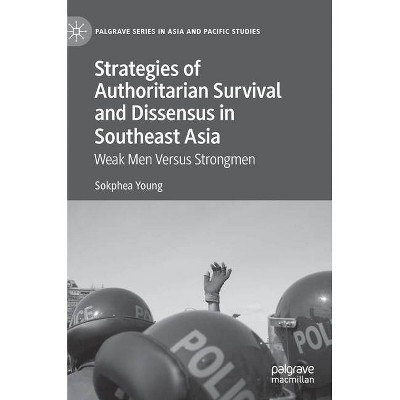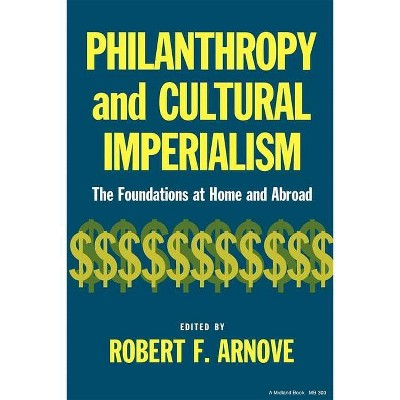Monarchies and decolonisation in Asia - (Studies in Imperialism) by Robert Aldrich & Cindy McCreery (Hardcover)
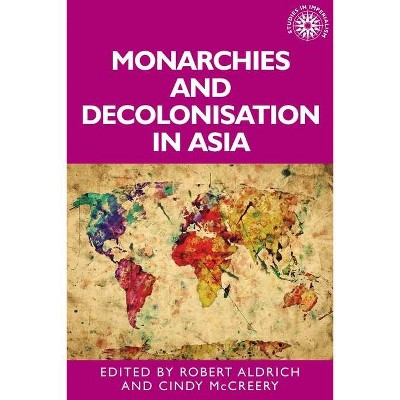
Similar Products
Products of same category from the store
AllProduct info
<p/><br></br><p><b> About the Book </b></p></br></br>Provides new perspectives on the role of European colonial monarchies, and the monarchies of Asia, in the late colonial period, during the process of decolonisation, and in its aftermath.<p/><br></br><p><b> Book Synopsis </b></p></br></br><p>With original case studies of a more than a dozen countries, <em>Monarchies and decolonisation in Asia </em>offers new perspectives on how both European monarchs who reigned over Asian colonies and Asian royal houses adapted to decolonisation. As colonies became independent states (and European countries, and other colonial powers, lost their overseas empires), monarchies faced the challenges of decolonisation, republicanism and radicalism. These studies place dynasties - both European and 'native' - at the centre of debate about decolonisation and the form of government of new states, from the sovereigns of Britain, the Netherlands and Japan to the maharajas of India, the sultans of the East Indies and the 'white rajahs' of Sarawak. It provides new understanding of the history of decolonisation and of the history of modern monarchy.</p><p/><br></br><p><b> From the Back Cover </b></p></br></br><i>Monarchies and decolonisation </i>provides new perspectives on the role of European colonial monarchies, and the monarchies of Asia, in the late colonial period, during the process of decolonisation, and in its aftermath. With case studies drawn from former colonies in South and Southeast Asia, as well as Japan and Thailand, contributors examine the changes in forms of government - from colonial monarchies to those of independent states, from monarchies to republics, and from monarchies with empires to those which no longer had them - in the lead-up to the decolonisation of India and Indonesia in the 1940s down to to the handover of Hong Kong to China in 1997. It shows how monarchies, with or without success, tried to accommodate the independence of former colonies, restructuring themselves for political transition, challenges from republicanism and radicalism and, in some cases, recasting themselves in the wake of the loss of overseas empires. Looking at the phenomenon of hundreds of rulers of princely states in India and sultanates in Indonesia, the 'white rajahs' of Sarawak and such well-known figures as King Sihanouk of Cambodia and Emperor Hirohito of Japan, the book develops new transnational and comparative insights into the institution of monarchy in modern Asia. With chapters written by internationally recognised scholars from half a dozen countries, the volume will prove valuable to historians of modern Asia, of colonialism and decolonisation, and of studies in modern monarchy.<p/><br></br><p><b> Review Quotes </b></p></br></br><br>'...the range of accounts offered here complicate the picture of decolonisation, demonstrating that, far from being sidelined by transitions to national independence, monarchies were consistently pivotal.' Professor Martin C. Thomas, University of Exeter<br><p/><br></br><p><b> About the Author </b></p></br></br>Robert Aldrich is Professor of European History at the University of Sydney Cindy McCreery is a Senior Lecturer in the Department of History at the University of Sydney
Price History
Price Archive shows prices from various stores, lets you see history and find the cheapest. There is no actual sale on the website. For all support, inquiry and suggestion messagescommunication@pricearchive.us
